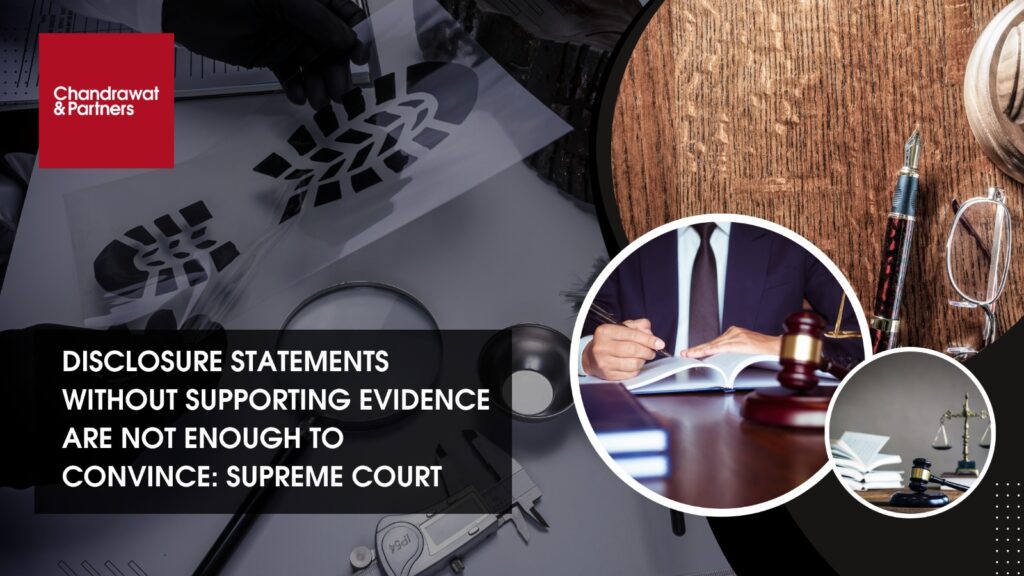Home > Recent Judgements >Disclosure Statements Without Supporting Evidence Are Not Enough To Convince: Supreme Court
Jan 31, 2025
BACKGROUND
In the case between Vinobhai vs State of Kerala, the case involves an appellant accused of murdering deceased on December 31, 2010, by stabbing him with a knife due to alleged enmity arising from the deceased’s involvement in the murder of the appellant’s elder brother. The prosecution claimed that the appellant’s disclosure statement led to the recovery of the weapon, but no other evidence was presented to support the charges. Key discrepancies and omissions in prosecution witness statements, such as the number of stab wounds, the witnesses’ proximity to the crime scene, and their failure to report the crime or assist the deceased, cast doubt on their credibility. Despite the state arguing for the consistency of witness testimonies and the importance of the weapon’s recovery, the Supreme Court found the evidence insufficient to prove guilt beyond a reasonable doubt and acquitted the appellant.
ISSUES
- Whether a disclosure statement under Section 27 of the Indian Evidence Act, 1872 unaccompanied by supporting evidence, is sufficient to prove the guilt of the accused beyond a reasonable doubt?
- Whether the testimonies of the prosecution witnesses, which contain discrepancies and omissions, inspire sufficient confidence to sustain the conviction?
- Whether the prosecution’s failure to examine other alleged eyewitnesses or address the delay in reporting the incident undermines the credibility of its case?
- Whether the recovery of the weapon based on the disclosure statement alone can support the conviction of the accused without corroborative evidence?
JUDGMENT
The Supreme Court, in a judgment of division bench, acquitted the appellant convicted under Section 302 Indian Penal Code, (“IPC”), 1860 for murder, holding that a disclosure statement under Section 27 of the Indian Evidence Act, leading to the recovery of a weapon, is insufficient to secure a conviction without corroborative evidence proving guilt beyond a reasonable doubt. The Court found significant discrepancies and omissions in the prosecution witnesses’ testimonies, questioned their credibility due to their failure to report the crime promptly or assist the deceased, and observed that no supporting evidence substantiated the disclosure statement. Citing Manoj Kumar Soni v. State of M.P. (2023), the Court reiterated that a disclosure statement is a weak piece of evidence and cannot solely establish guilt, thereby allowing the appeal and acquitting the appellant.
OBSERVATION
The Supreme Court observed that a disclosure statement under Section 27 of the Indian Evidence Act, even if it leads to the recovery of a weapon, is a weak piece of evidence and insufficient to secure a conviction without corroborating supporting evidence. The Court noted material discrepancies and omissions in the prosecution witnesses’ testimonies, such as the number of stab wounds and their proximity to the crime, coupled with their failure to report the incident or assist the deceased immediately, which undermined their credibility. The Court reiterated that a conviction must be based on evidence that establishes guilt beyond reasonable doubt and cannot solely rely on a disclosure statement, ultimately acquitting the appellant due to the lack of corroborative evidence.
For more information or queries, please email us at
[email protected]





